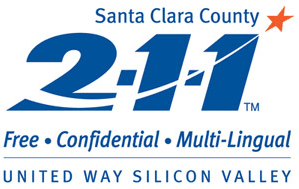Career counseling focuses on assisting individuals in navigating and addressing career-related challenges and decisions that may impact their mental well-being. It involves helping clients explore and understand their interests, strengths, values, and goals in the context of their professional lives.
Key aspects of Career Counseling at a Mental Health Counseling Center include:
- Self-Exploration: Career counselors work with clients to identify and understand their interests, skills, values, and personality traits. This self-exploration helps individuals gain insight into potential career paths that align with their strengths and preferences.
- Goal Setting: Counselors assist clients in setting realistic and achievable career goals. This may include short-term and long-term objectives related to education, skill development, job search, or career advancement.
- Career Assessments: Utilizing various career assessments and tools, counselors help individuals assess their aptitudes, interests, and values. These assessments can provide valuable insights into potential career paths.
- Educational and Training Guidance: Career counselors offer guidance on educational and training opportunities that align with clients' career goals. This may involve exploring academic programs, vocational training, or professional development options.
- Job Search Strategies: Counselors assist clients in developing effective job search strategies, including resume building, interview preparation, networking, and leveraging online platforms. They may also provide support in navigating career transitions.
- Workplace Issues: Addressing workplace challenges, such as stress, burnout, conflict, or dissatisfaction, is a part of career counseling. Counselors help individuals develop coping strategies and explore potential solutions to improve their professional well-being.
- Life-Work Balance: Balancing work and personal life is crucial for mental well-being. Career counselors explore ways for individuals to achieve a healthy equilibrium and fulfillment in both aspects of their lives.
- Career Transitions: Whether individuals are considering a career change or re-entering the workforce after a hiatus, counselors provide support in navigating these transitions and managing associated stressors.
Career counseling is integrated into the broader framework of mental health and well-being. Counselors consider the interplay between an individual's career choices and their mental health, recognizing that career satisfaction can significantly impact overall life satisfaction.



